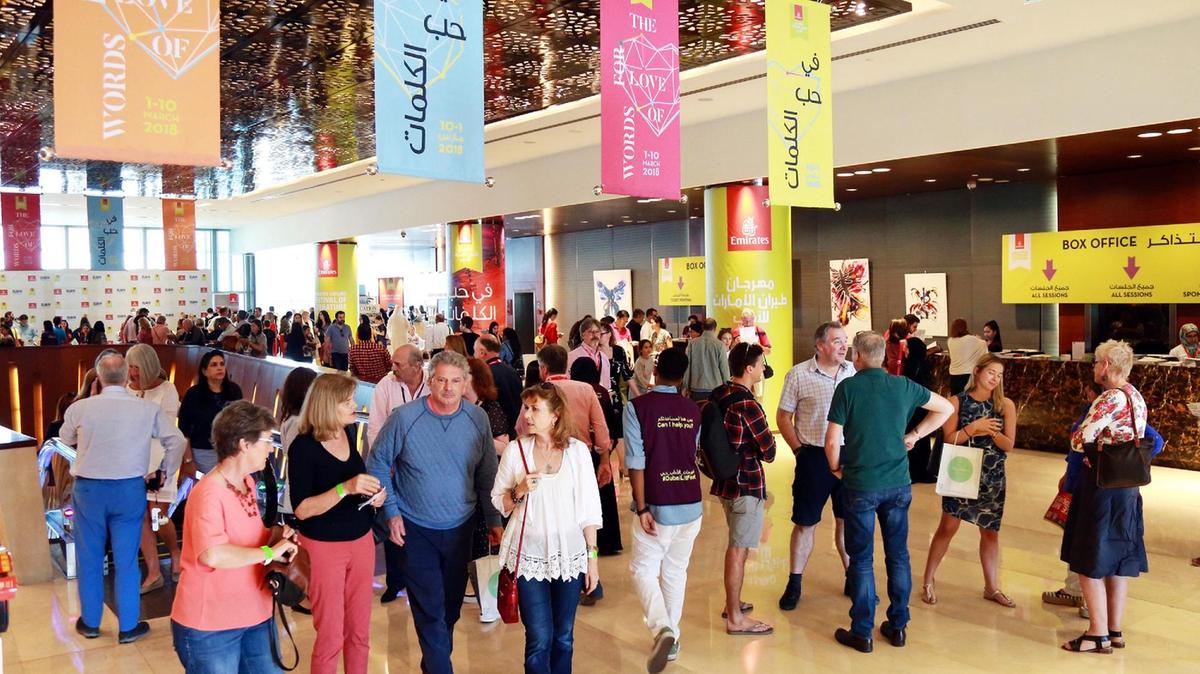1 in 3 Are Buying More Locally Sourced Products
Surveys

August 25, 2020, 5:01 am
Leading management consulting firm Kearney Middle East has revealed insights into changes in community, family and sustainability behaviors. This is following a survey of more than 1000 UAE residents conducted by YouGov which revealed that 62% of the respondents in the UAE have experienced a significant or complete change in their lives during the pandemic
Community behaviors:
The survey revealed that 1 in 3 (33%) respondents have supported local businesses by buying more locally sourced and produced foods and products during the pandemic. Emirati (37%) respondents claimed to have made the most purchases of locally sourced products, followed by Asians (33%), Arab expats (31%) and Westerners (23%).
15% of respondents reported to have increased their volunteering efforts. A fifth of Emirati respondents (21%) claim to have volunteered more compared to pre-pandemic, followed by 15% of Asian respondents, 12% of Arab expats, and 9% of Western expats. Despite social distancing and self-isolating measures, 21% of total respondents also claim to be spending more time supporting their neighbors.
Family behaviors:
Almost a quarter (23%) of respondents spent more time caring for the elderly in their families than they did pre-pandemic. Of these respondents, 28% were Asians, 24% Emiratis, 16% Westerners and 12% Arab expats.
Over half (56%) of respondents carried out more household chores – 51% of the men surveyed and over two thirds of the women (68%) claimed to have increased time spent on cleaning and cooking. Respondents over the age of 45 spent more time on these chores (61%) compared to the those between the ages of 18 and 24 (48%). 36% spent more time helping their children adapt to e- learning; women (38%) and men (36%) contributed to this almost equally.
53% of respondents noted that they spent more quality time with their family and loved ones. Those with incomes ranging from AED 10,000-20,000 (65%) and AED 20,000-40,000 (61%) spent more time with their families and loved ones than those with an income of up to AED 5,000 (45%).
Sustainability behaviors:
Respondents have been taking active measures to reduce their environmental impact. 46% reduced their food wastage at home, with women (50%) being more conscious than men (44%). Over half (51%) of respondents over the age of 45 threw away less food compared to 38% of youth.
A quarter (25%) of respondents reduced their electricity and water consumption, with those over the age of 45 (32%) saving more compared to those aged between 18 and 24 (22%). 14% of respondents made more of an effort to shop from brands with a robust environmental agenda. Those earning between AED 20,000 and AED 40,000 supported eco-friendly brands twice as more (27%) as those with incomes of up to AED 5,000 (12%).
When looking at vehicle usage, 28% of respondents reduced the use of their personal cars over the last few months. Those with an income over AED 40,000 significantly reduced (44%) the use of their own car as compared to those with an income of up to AED 5,000 (16%).
Andreea Zugravu, Principal at Government and Economic Development at Kearney Middle East, commented, “Despite maintaining physical distance, the current situation has made society more empathetic towards the most vulnerable and has brought communities closer together. The sanitization drive and social distancing measures have allowed people to break away from the ‘norm’ and connect more with their families, friends and communities. These positive family, societal and sustainable behaviors have the potential to shape the right community values for the next 50 years if maintained post pandemic.”
Kearney has developed a whitepaper in partnership with BVA Nudge Unit on the different changes in behaviors during COVID-19 and how these can be maintained. Read the paper titled: “Hope in uncertain times: how COVID-19 could help us find new habits that stick” here.










